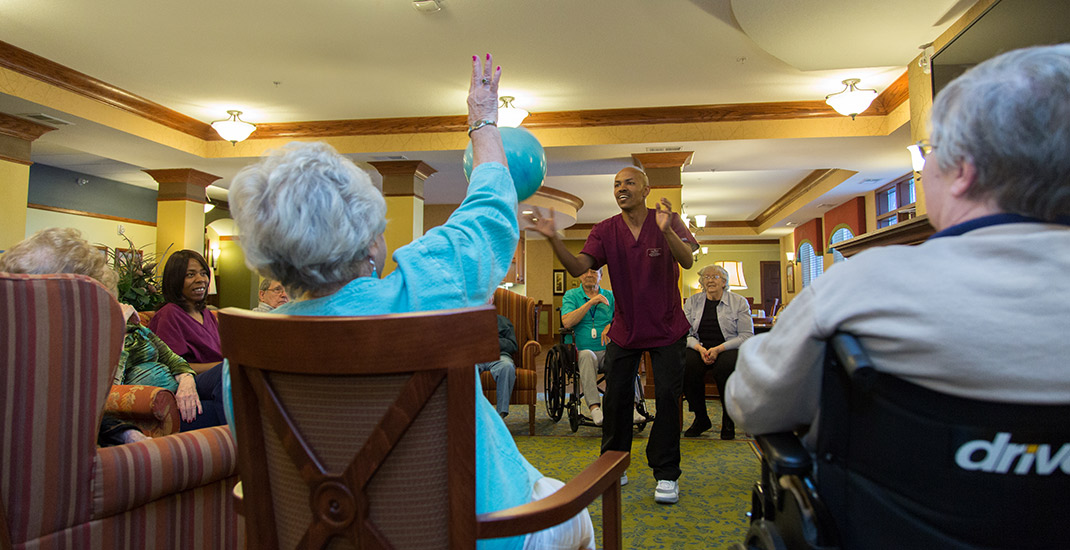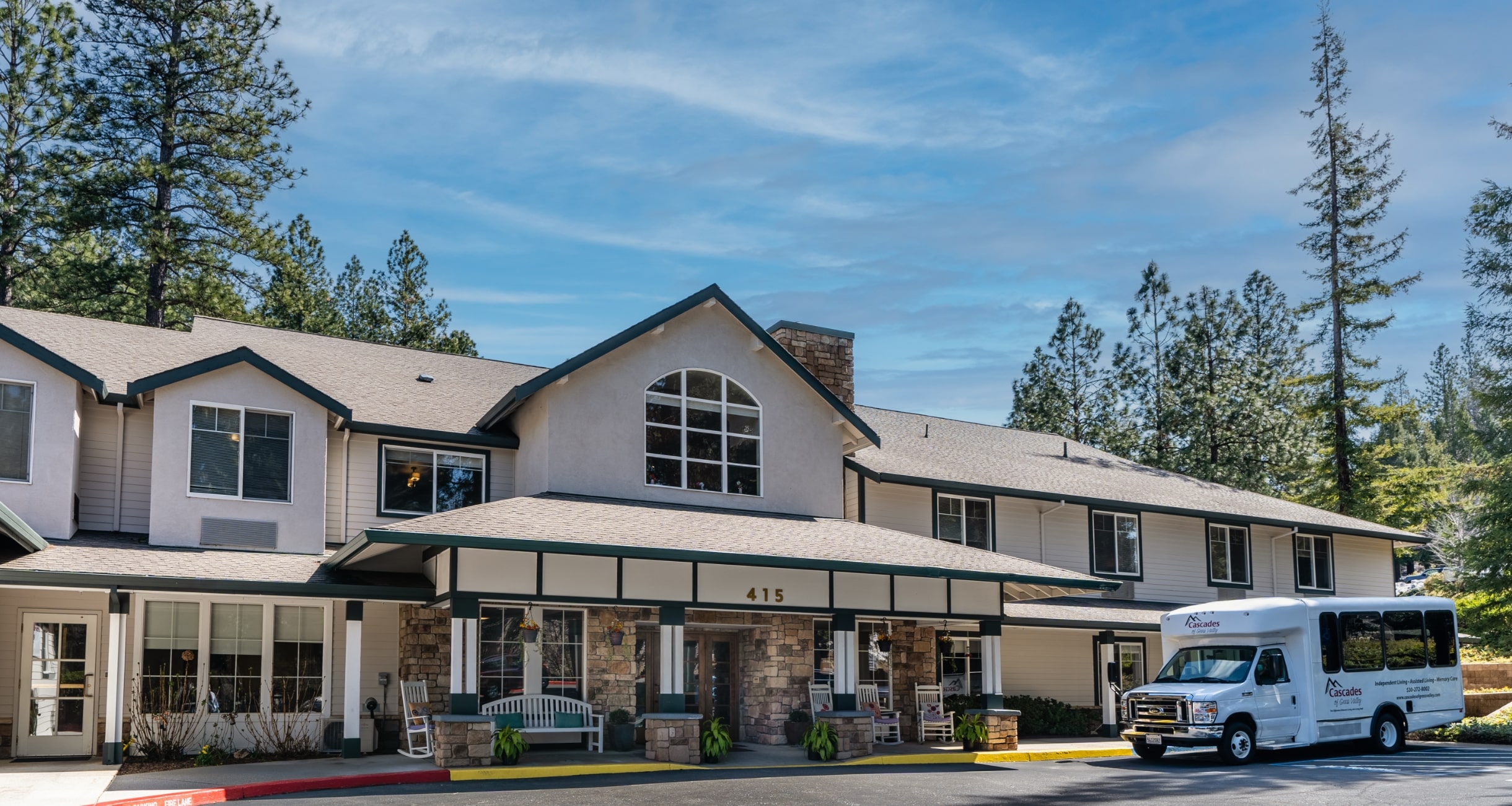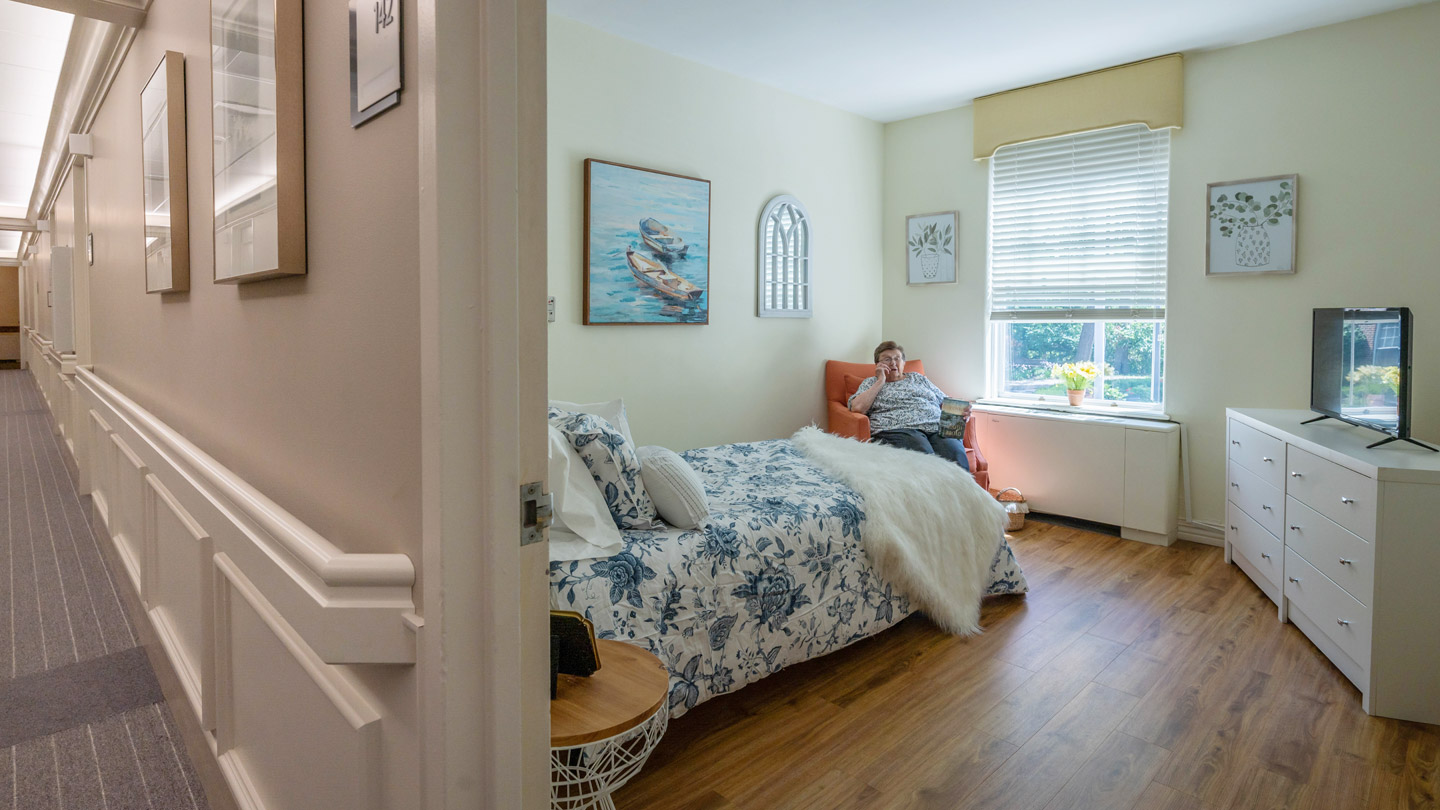What to Expect in Memory Treatment: A Detailed Guide to In-Home Provider
Browsing the landscape of memory care for an enjoyed one can be a complex and mentally billed experience. As family members come to terms with the obstacles of looking after somebody with memory loss, the world of in-home services provides a lifeline of support and specialized care. Comprehending what to prepare for in memory treatment is important for making sure the health of both the individual with memory problems and their caregivers. From tailored everyday activities to safety and security methods and caregiver resources, this overview intends to clarify the thorough spectrum of services offered to those embarking on the trip of in-home memory care.
Daily Regimens and tasks
Participating in organized day-to-day tasks and routines is a fundamental part of giving top quality treatment for people in memory care facilities. These tasks are diligently made to deal with the details needs of homeowners with cognitive impairments, such as Alzheimer's condition or mental deterioration. Daily routines play an important role in preserving a sense of experience, safety and security, and function for individuals in memory treatment.

Furthermore, day-to-day regimens aid individuals in memory care facilities to really feel more focused and much less anxious. Consistency in tasks and routines can lower confusion and anxiety, providing a sense of security and convenience. Caretakers and team member play a vital role in promoting these activities, guaranteeing that each resident gets customized and thoughtful treatment customized to their special choices and capacities.
Specialized Care Provider
Within memory care facilities, specialized care services are essential to address the one-of-a-kind requirements and difficulties dealt with by individuals with cognitive problems such as Alzheimer's illness or dementia. These solutions are designed to supply tailored support that caters to the specific needs of homeowners handling memory loss. Specialized treatment services in memory treatment centers usually consist of individualized care plans, aid with tasks of daily living, drug administration, and behavior modifications targeted at improving quality of life and reducing distress.
In addition, memory treatment facilities normally provide structured programs and tasks particularly designed to stimulate cognitive feature and advertise social engagement among residents. These tasks might consist of memory-enhancing workouts, sensory stimulation therapies, and memory therapy sessions. Additionally, specialized care services often involve regular surveillance of locals' wellness and health by trained personnel members who are geared up to handle the one-of-a-kind obstacles related to cognitive decline.
Precaution and Atmosphere
Implementing rigorous safety actions and producing a secure atmosphere are extremely important top priorities in memory care centers to make sure the well-being and security of residents with cognitive disabilities. Safety and security in memory care starts with protected structure layout, including secured doors and monitored access to stop residents from roaming outside unsupervised. Additionally, facilities typically have security system and surveillance electronic cameras to monitor check this site out homeowners and react quickly to any emergency situations. Inside, the environment is thoroughly planned to minimize dangers, with hand rails, order bars, and non-slip floor covering to avoid drops. Furnishings is set up to help with easy navigation, and possibly hazardous items are secured away or removed. Employee receive specialized training in dealing with emergencies, de-escalating tough habits, and making certain the safety of locals at all times. Routine safety and security evaluations are conducted to determine and address any kind of prospective threats immediately. By prioritizing security procedures and maintaining a protected environment, memory care centers objective to provide a protective and reassuring setting for people with cognitive disabilities.
Communication and Engagement Approaches
With a focus on improving and cultivating significant interactions lifestyle, reliable communication methods play a vital duty in supporting people in memory treatment centers. Interaction in memory care includes recognizing the unique requirements of residents that may have cognitive impairments like dementia. Simple language, clear instructions, and non-verbal cues such as gestures and facial expressions are essential devices for reliable interaction. Caregivers need to come close to citizens with compassion, regard, and patience, creating an encouraging environment where individuals feel recognized and valued.
Interaction strategies are likewise vital in memory care, helping citizens stay active, boosted, and linked to their environments. Activities like songs therapy, art courses, memory sessions, and sensory stimulation can stimulate memories, improve state of mind, and advertise socializing. Customizing activities per person's rate of interests and abilities is crucial to fostering interaction and a feeling of success. Furthermore, integrating familiar things, pictures, and music from the individual's past can supply comfort and boost favorable memories. By focusing on personalized interaction and involvement techniques, memory treatment centers can enhance the general wellness and high quality of life for their homeowners.
Caretaker Support and Resources
Given the essential role caretakers play in implementing effective interaction and interaction techniques for citizens in memory care centers, supplying ample assistance and resources is check my site necessary to make sure the well-being of both the caregivers and the people under their care. Caretakers in memory care setups commonly face unique difficulties that can influence their emotional and physical wellness. To attend to these obstacles, various support group and resources are available to assist caregivers in supplying the ideal feasible care.
One necessary kind of assistance is caregiver education and training programs. These programs gear up caregivers with the necessary skills and knowledge to efficiently manage the symptoms and behaviors connected with amnesia. In addition, assistance groups provide caregivers the chance to connect with others that are experiencing comparable obstacles, supplying a sense of area and understanding.

Final Thought

Involving in structured everyday tasks and regimens is a basic part of offering quality treatment for people in memory care facilities.Within memory treatment centers, specialized care services are crucial to resolve the special demands and challenges faced by people with cognitive impairments such as Alzheimer's illness or mental deterioration. Specialized treatment services in memory treatment centers usually consist of individualized care plans, aid with tasks of daily living, medication administration, and behavioral therapies intended at enhancing top quality of life and decreasing distress.
Given the essential function caregivers play in carrying out effective interaction and involvement approaches for residents in memory care facilities, offering appropriate support and resources is essential to guarantee the health of both the caregivers and the people under their treatment. Daily activities, specialized care solutions, safety actions, communication methods, and caregiver assistance are vital elements of in-home memory care.